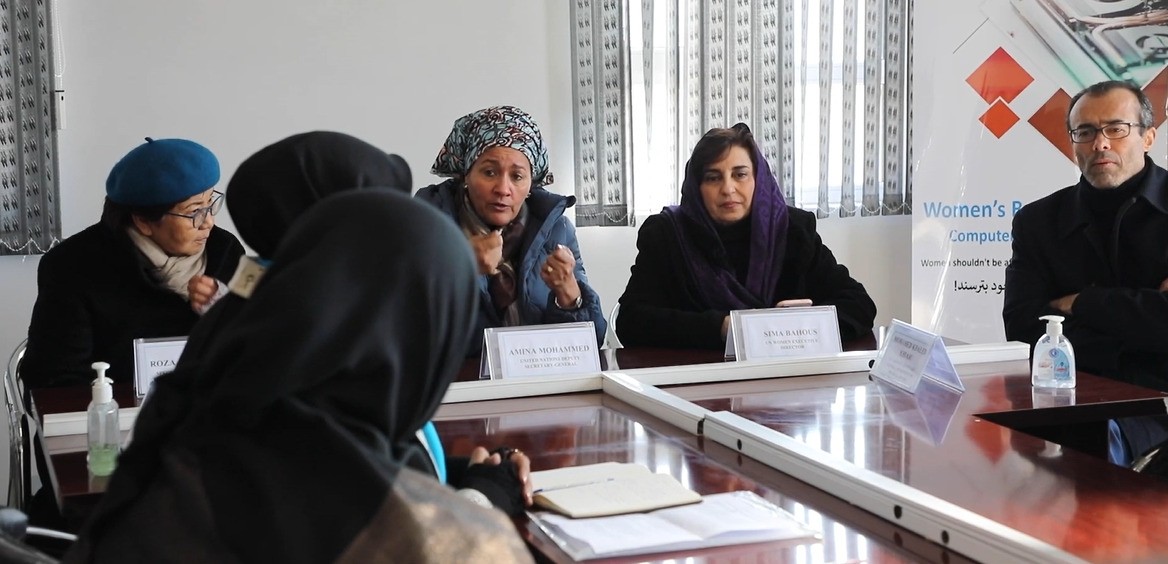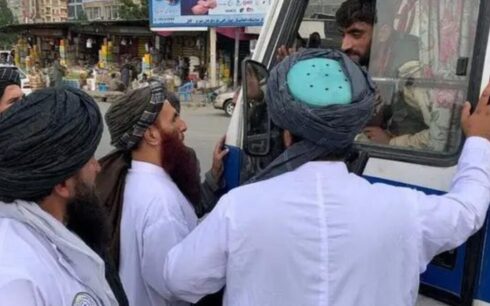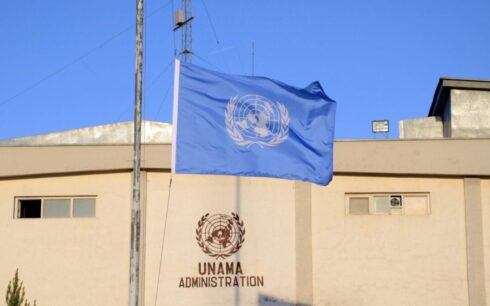A number of political experts said that the Taliban could have used the UN Deputy Secretary-General Amina Mohammed’s visit to Kabul as an opportunity to lobby for the group’s recognition and to normalize relations with the international community.
Sources from the Taliban governor’s office in Kandahar, who were familiar with the UN delegation’s visit, told Amu TV that the senior United Nations officials held talks with the deputy provincial governor after Mohammed’s request to meet with the Taliban leader Haibatullah Akhundzada was rejected.
Mohammed, however, stated that her meetings with the Taliban official, especially her trip to Kandahar, had been important. Some diplomats believe that the Taliban officials disappointed the UN delegation.
Hikmatullah Hikmat, a former Afghan diplomat, told Amu TV that it was “deplorable” that the top UN delegation left Afghanistan empty-handed.
“When the highest political authority (Akhundzada) in Kandahar refuses to meet with this delegation, we should not expect that the international community, especially the United Nations, should take appropriate actions toward the country in the future in terms of legitimacy [of the Taliban] and cooperationwith Afghanistan,” Hikmat said.
Aziz Maarij, a political analyst, believes that the UN offered “special credit” to the Taliban by sending the highest official to hold talks with the group’s high-ranking officials, but the Taliban failed to take advantage of this opportunity.
“The Taliban could not give a clear answer to this delegation about the legitimate and basic rights of women. This was a good opportunity for the Taliban to normalize their relations with the world and to ensure the delegation that they are not against the values of human rights, the organization can issue a decision according to Article 41 of the Security Council regarding the Taliban, which will result in a repetition of the 2001 scenario: the elimination of the Taliban,” Maarij said.
Seventeen months after the Taliban retook power in Afghanistan, the Deputy Secretary-General Amina Mohammed, the Executive Director of UN Women Sima Bahous, and the Assistant Secretary-General of the Department of Political, Peacebuilding Affairs, and Peace Operations, Khaled Khiari, visited the country and “directly conveyed the alarm over the recent decree banning women from working for national and international non-governmental organizations, a move that undermines the work of numerous organizations helping millions of vulnerable Afghans.”
A number of women activists, meanwhile, stated that UN and EU delegation visits to Afghanistan were “symbolic” and that they could not solve the problems for women.
Homeira Qaderi, a university professor, said: “Unfortunately, after 2021, there is no independent media left in Afghanistan to report on the situation of women, so I have not seen any practical steps to improve the situation of women, except for the symbolic trips of the organization’s officials.”





